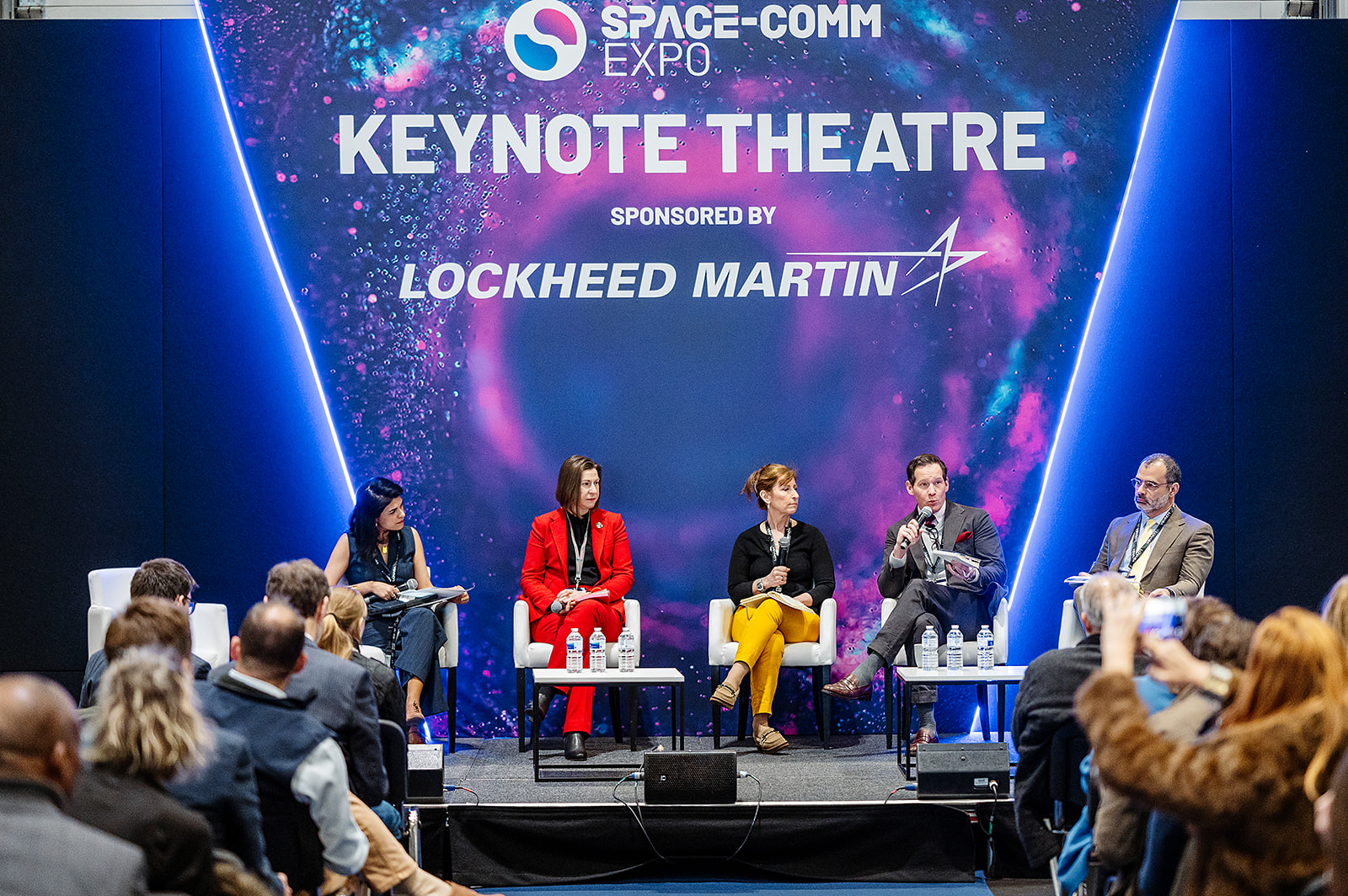Edinburgh start-up helps nanosatellites gain 20/20 vision

Above:
The Edinburgh Royal Observatory, Blackford Hill.
Image by Mingkwan Doilom / Shutterstock
Razorbill Instruments, a company developing products that control and measure ultraprecise movement on a nanoscale, has collaborated with the UK Astronomy Technology Centre (UK ATC), part of the Science and Technology Facilities Council (STFC).
Razorbill’s tech – a compact high precision sensor – aligns the mirrors on UK ATC’s HighRes nanosatellite to within an error smaller than a hundredth of the width of a human hair, when they unfold in space.
Dr Alex Ward, managing director at Razorbill Instruments, says “Nanosatellites could help scientists more accurately monitor the Earth, giving us unprecedented up-to-date views of what’s happening on our planet – including the effects of climate change.
“The Earth Observation data that is possible to collect from small satellites,” continues Alex, “could be vital in understanding the damage being done to our rainforests, providing pin-pointed relief to disaster areas, as well as providing vital insights to agriculture and logistics sectors.”
Started whilst its three founders were studying and working at St Andrew’s University, Razorbill Instruments is now 5 years old and the company’s products, which are designed and made in Scotland are being used around the world from Canada to South-Korea.
Based at the Higgs Centre for Innovation, an ‘incubator’ hub for high tech start-ups at Royal Observatory Edinburgh, the company has maximised the opportunity to rub shoulders with the engineers from the UK ATC, who are based on the same site.
The UK ATC had been designing a ‘nanosatellite’: a tiny, toaster-sized satellite that is much cheaper and more environmentally friendly than a conventional satellite. These miniature spacecraft cost less than the cost of a luxury car to launch but can do the job of a traditional satellite that might cost in the region of a hundred million pounds.
These nifty nanosatellites, however, have one particular limitation. Because they are so small, they do not collect as much light, and produce quite blurry images. A satellite where the mirrors were folded for launch and unfurled in space, like the petals of a flower, could collect much more light and help produce sharper images. This solution would keep all the advantages of a nanosatellite while limiting the disadvantages. It was with this aim that the UK ATC developed HighRes.
To make a focussed image, however, these fold-out mirrors would need to be aligned to each other with almost unimaginable precision: after a violently bumpy rocket ride and automatically folding out in space, the mirrors would need to be aligned with an error smaller than a hundredth of the width of a human air. At the time, the only commercially available sensors that could measure this level of alignment were too bulky and consumed too much power to be used on such a small satellite.
Alex said: “At Razorbill, we had already been playing around with an idea for a compact high precision sensor such as this, so it made perfect sense to join forces with the UK ATC engineers on this project. What is tremendously exciting is that future generations of this satellite, based on the UK ATC design, with Razorbill Instruments sensors, could change what we think is possible with a small satellite.”
Razorbill Instruments carried out the project to develop custom sensors for this, and similar satellites was partly funded by Scottish Enterprise, a government body that supports innovative companies in Scotland with additional funding from the European Regional Development Fund.
“For innovation to happen, the important thing is to get bright people in the same room having conversations about the projects they’re passionate about. We were very impressed with what the UK ATC engineers had achieved and it was exciting that Razorbill Instruments could offer one of the final pieces of the jigsaw puzzle to help them realize the huge potential of their nanosatellite. This project is a great example of the great outcomes that can be sparked by a chance encounter over a cup of tea,” concluded Alex.













